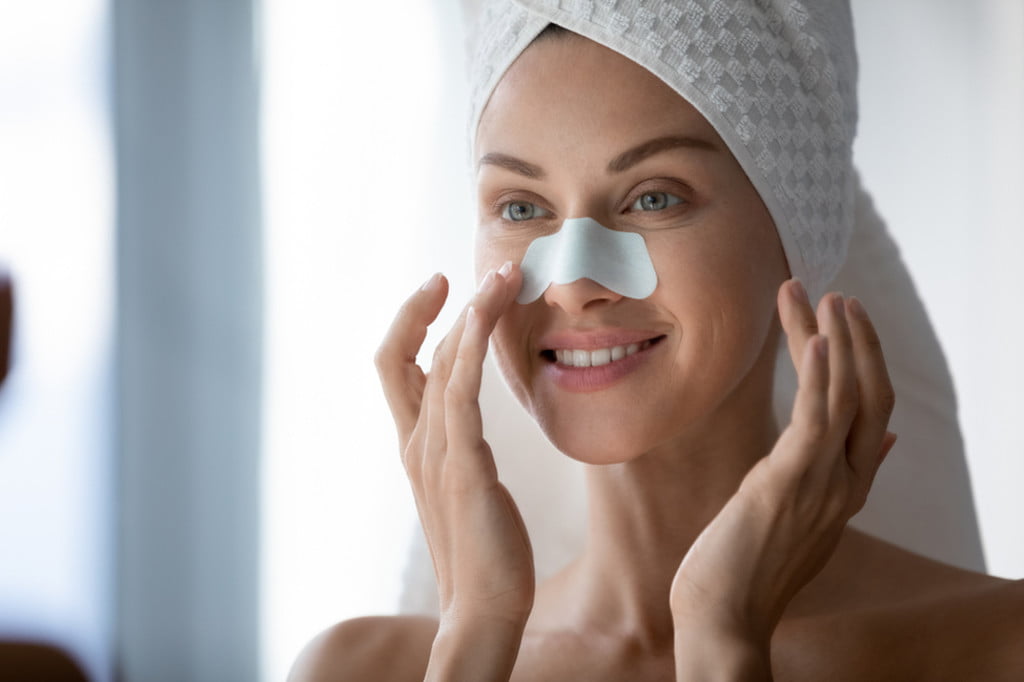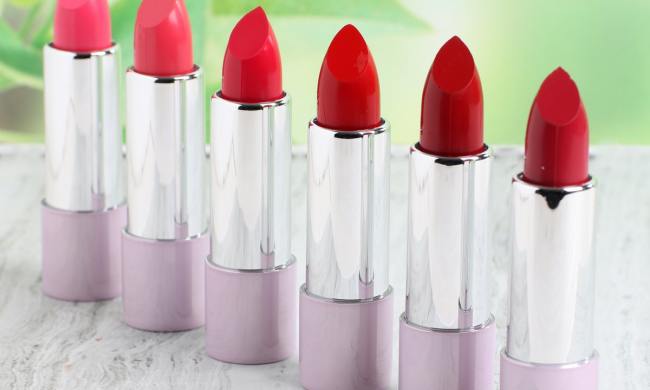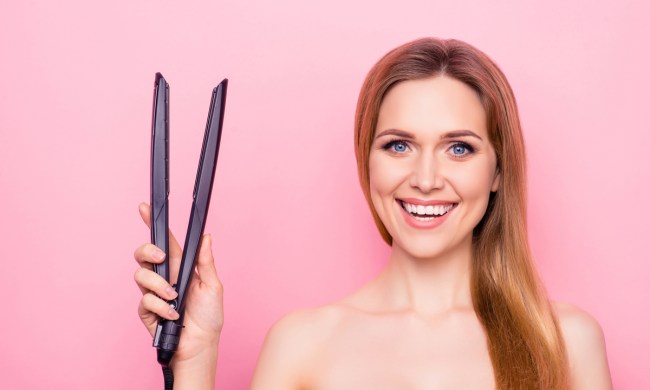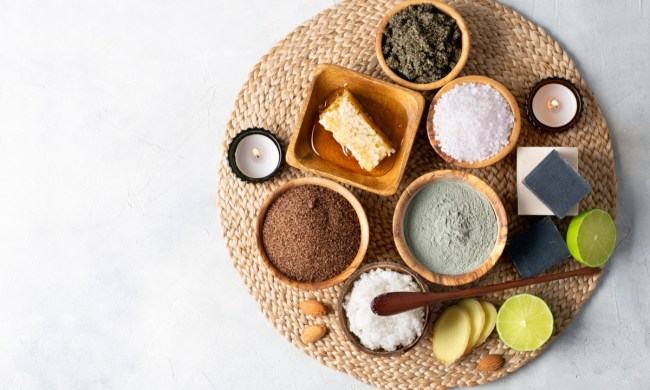
Do you know when the Federal Food, Drug, and Cosmetics Act (FFDCA) was last updated? 81 years ago. This means that new processes and chemicals that have been developed over the past decade are not included in general cosmetic ingredient regulations. The United States bans only 11 chemicals from personal care and beauty products, while the European Union bans over 1,000 chemicals.
Are you ready to throw away your collection of products containing artificial fragrances, petroleum, parabens, and talc? Are you ready to choose only clean beauty products?
Clean beauty vs greenwashing
At its core, the clean beauty movement isn’t about Marie Kondo-ing your makeup bag. You can find clean beauty alternatives for all your favorite products.
While clean makeup should be free of harmful chemicals and potentially irritating filler ingredients, this isn’t always the case.
Due to its self-regulated nature, the American beauty industry has fallen victim to rampant greenwashing. A brand can claim its products are “clean” and still contain artificial fragrances, parabens, and other ingredients because there is not yet a standard, regulated definition of clean beauty.
Let’s take a look at some of the most concerning ingredients found in beauty products, and consider how avoiding them can help your skin.
Ingredients to look out for
Fragrances
While fragrances make products (and ourselves) smell delicious, they can also damage our skin. Further, some fragrances can cause irritated, sensitive skin, especially if you have eczema, psoriasis, rosacea, or other sensitive skin conditions.
You’ll often see the word “fragrance” on an ingredient list, but you should also keep an eye out for the following terms as well:
Aroma/aromatics, cinnamal, citronellal/citronellol, eugenol, geraniol, linalool, limonene, parfum/perfume, and essential oils like lavender, citrus, peppermint, and eucalyptus.
Phthalates
Phthalates are often paired with fragrances, as they make for a longer shelf life. Unfortunately, they also act as hormone and endocrine disruptors, which, in large doses over time, can throw your body’s natural chemistry off balance.
Parabens
Used as preservatives, parabens may disrupt hormone production, potentially damaging the endocrine system. Studies are not yet conclusive on the clinical impact of long-term exposure, but early results also suggest a connection between breast cancer and paraben exposure. Again, these studies are not conclusive and do not prove that these ingredients cause illness or disease.
Petroleum products
Petroleum is one of the least environmentally-friendly substances used in beauty products, and there’s also a risk that it may impact your health. A Journal of Women’s Health study published in 2011 found that petroleum-based mineral oil accumulates in the body over time, likely due to beauty products like face creams and lip balms. Early studies suggest a connection between petroleum deposits in the body and kidney, neurologic, and respiratory toxicity.
Talc
Commonly found in eye shadows and face powders like powder foundation, blush, and setting powder, talc raised eyebrows in 2019 when Claire’s makeup palettes were recalled by the FDA due to asbestos contamination, a compound that can be extremely toxic if not protected and processed appropriately.
Triclosan
Known for its antibacterial and antimicrobial properties, triclosan is used in hand sanitizer, soaps, and mascara. The concerning factor is that triclosan can disrupt your thyroid, cause liver problems, and increase the risk of antibiotic-resistant bacteria. The use of triclosan in hand sanitizers was banned by the FDA in early 2019. If it isn’t safe for your hands, don’t put it near your eyes.
Improve your skin with clean makeup
Your skin is your body’s largest organ. If you wouldn’t eat irritating chemicals, then you shouldn’t put them on your skin. Often, chemicals you put on your body eventually make their way into the bloodstream, so it’s best to opt for clean makeup brands that incorporate natural skincare ingredients into their products.
Looking for a head start on your clean beauty search? Here are a few brands we love.
Ilia Beauty’s products contain bioactive ingredients like aloe to hydrate skin. The non-GMO brand only uses safe synthetic ingredients, and all products are free of sulfates, parabens, talc, and phthalates.
W3ll People’s line is handmade in the United States. It’s free of petrochemicals, petroleum by-products, fillers, GMOs, propylene glycol, and gluten, making it safe for even the most sensitive eyes.
Kosas makes the perfect foundation for people with dry skin, providing nourishment without clogging pores. You won’t find any parabens, petrolatum, propylene glycol, phthalates, or mineral oil here.
Honesty Beauty’s founder, Jessica Alba, has sensitive skin, so the line is fragrance-free, hypoallergenic, and dermatologist-tested. Free from essential oils, parabens, formaldehyde, talc, sulfates, phthalates, and solvents, this brand is safe for sensitive skin.
Wrapping up
Your makeup should enhance your beauty, not cause unsightly irritation. Keeping an eye out for known irritants like fragrances and pore-clogging ingredients like mineral oils will help improve the look of your skin. Beware of greenwashing, though – just because something looks clean doesn’t mean it is.



